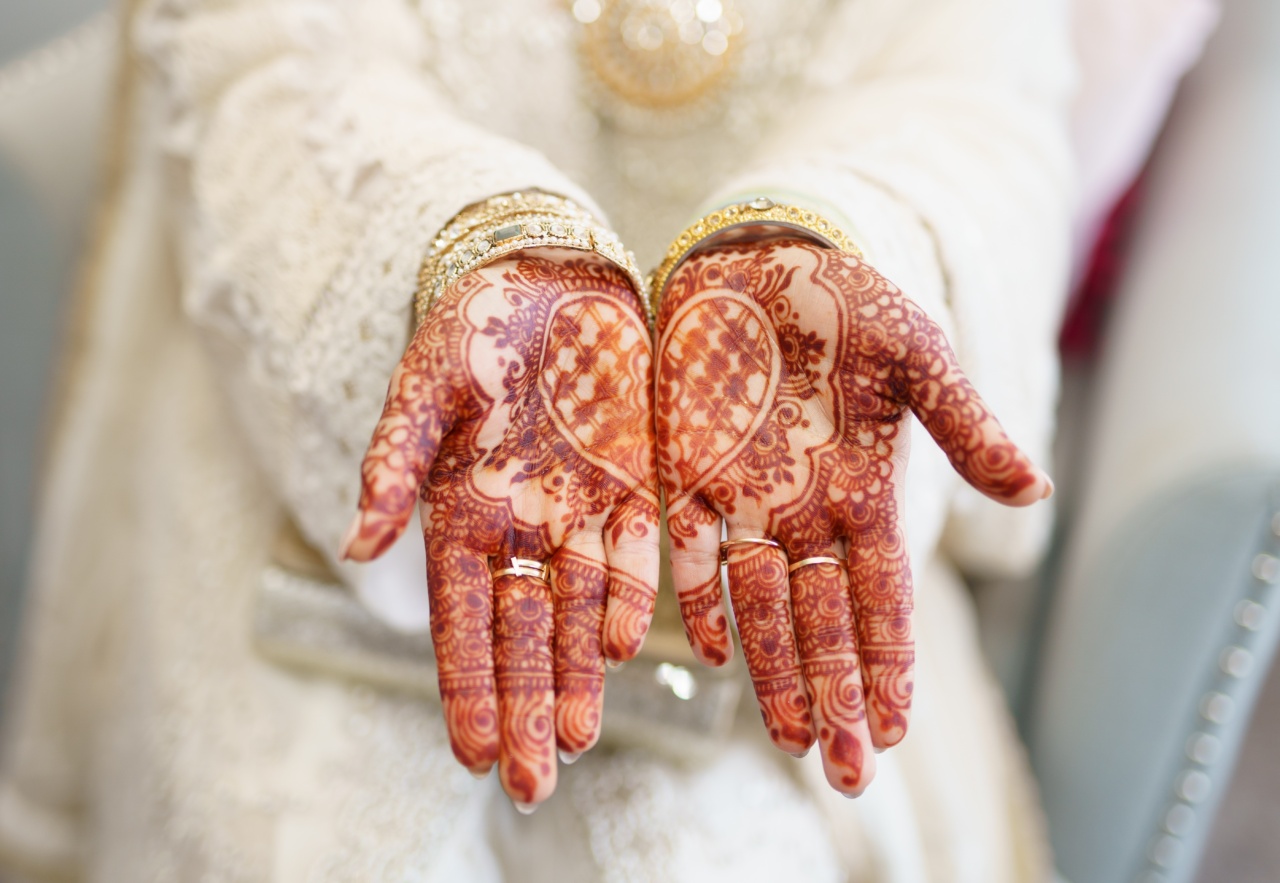Heart disease is often associated with men, but it is the leading cause of death for women as well.
The symptoms of a heart attack can be different for women compared to men, and it is important for women to be aware of these differences in order to recognize the signs of a potential heart attack. By understanding these signs, women can take immediate action and potentially save their own lives. In this guide, we will discuss the common signs and symptoms that women should watch out for.
1. Chest Discomfort
Chest pain or discomfort is a common symptom of a heart attack. Women may experience a squeezing, fullness, or pressure sensation in the chest. This discomfort may come and go, or it may be persistent and intense.
It is important for women to understand that chest pain can sometimes be absent during a heart attack, particularly for women with diabetes.
2. Upper Body Pain
Along with chest discomfort, women may also experience pain or discomfort in other areas of the upper body. This can include pain in one or both arms, the back, neck, jaw, or stomach.
Women should pay attention to any unusual or unexplained pain in these areas, especially if it accompanies other symptoms.
3. Shortness of Breath
Shortness of breath is another common symptom of a heart attack in women. This can occur with or without chest discomfort.
Women may feel like they are unable to catch their breath, or they may experience a sensation of breathlessness that is unrelated to physical activity or exertion. If shortness of breath is sudden, severe, or occurs at rest, it could be a sign of a heart attack.
4. Fatigue
Unusual fatigue or exhaustion is often reported by women who have had a heart attack. This fatigue may be extreme and can occur even with minimal physical exertion.
Women may feel unusually tired or weak, and this fatigue may come on suddenly or last for several days. Fatigue is a symptom that should not be ignored, particularly if it is accompanied by other warning signs.
5. Nausea or Vomiting
Some women may experience nausea or vomiting during a heart attack. This symptom may be mistaken for indigestion or stomach flu.
Women should pay attention to any unexplained and persistent nausea, particularly if it is accompanied by other heart attack warning signs.
6. Sweating
Unexplained sweating, often described as a cold sweat, can be a symptom of a heart attack in women. This sweating may be profuse and unrelated to physical activity or environmental factors such as heat.
Women who experience sudden or excessive sweating should take it seriously and consider the possibility of a heart attack.
7. Lightheadedness or Dizziness
Feeling lightheaded or dizzy can be a symptom of a heart attack in women. This symptom may occur suddenly and without any apparent cause. If lightheadedness or dizziness is accompanied by other heart attack symptoms, it should not be ignored.
Women should seek medical attention to rule out a potential heart attack.
8. Sleep Disturbances
Women who experience sleep disturbances, such as insomnia or difficulty falling asleep, may be at an increased risk of heart attack. Disrupted sleep patterns can be a warning sign of an impending cardiac event.
Paying attention to these changes in sleep can help women take necessary precautions and seek medical advice if needed.
9. Anxiety or Unusual Mental Stress
Anxiety or unusual mental stress can sometimes be an early warning sign of a heart attack in women. Women who experience episodes of extreme anxiety, panic attacks, or feelings of impending doom should consider the possibility of a heart-related issue.
It is important to seek medical attention if anxiety symptoms are accompanied by other warning signs.
10. Intuition or Gut Feeling
Lastly, women should trust their intuition or gut feeling when it comes to their health. Sometimes, women may have a strong sense that something is wrong, even if they cannot explain it.
It is important to listen to this intuition and seek medical attention if there is a suspicion of a heart attack.
Conclusion
Heart attacks can be deadly, and women should be vigilant about recognizing the signs and symptoms. By understanding the specific warning signs that women may experience, they can take immediate action and potentially save their own lives.
It is important for women to remember that the symptoms of a heart attack can vary, and they may not always be the classic chest pain that is often associated with heart attacks. By paying attention to their bodies and trusting their instincts, women can improve their chances of early detection and timely medical intervention.





























